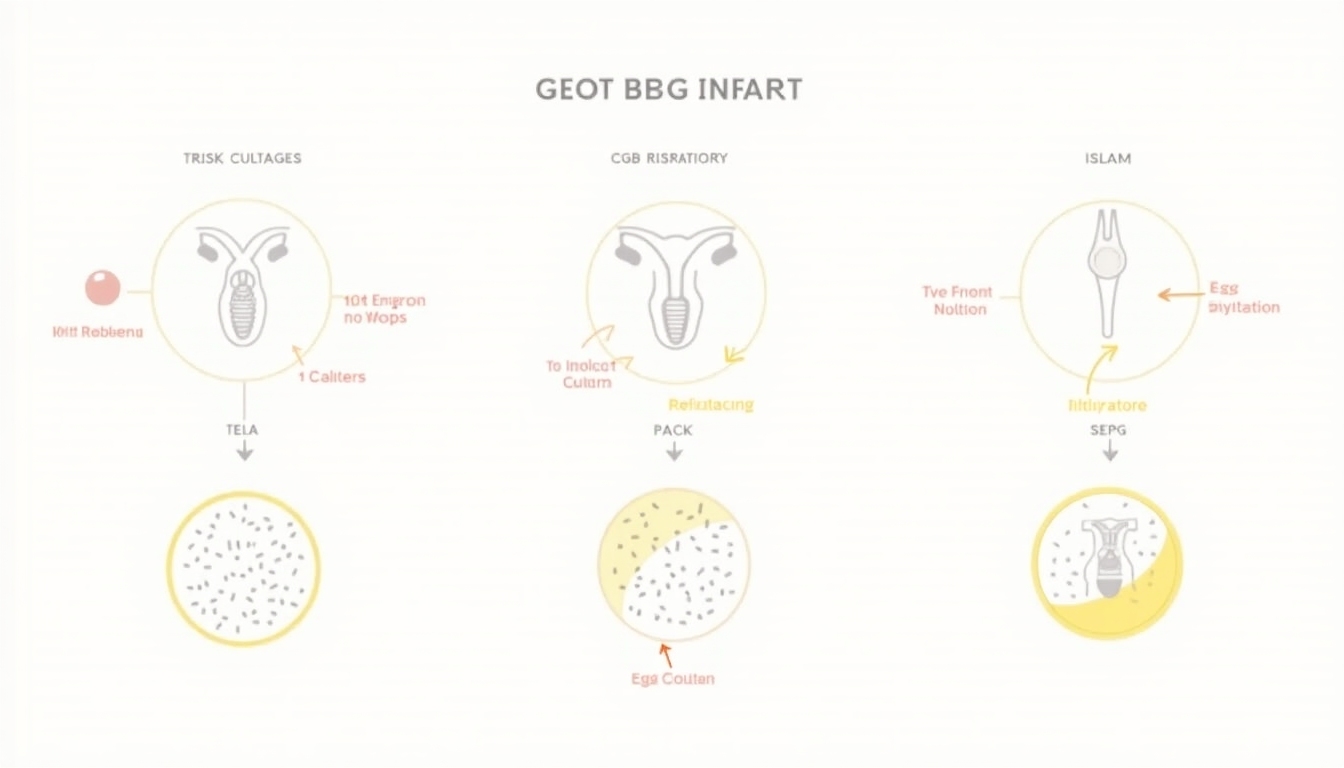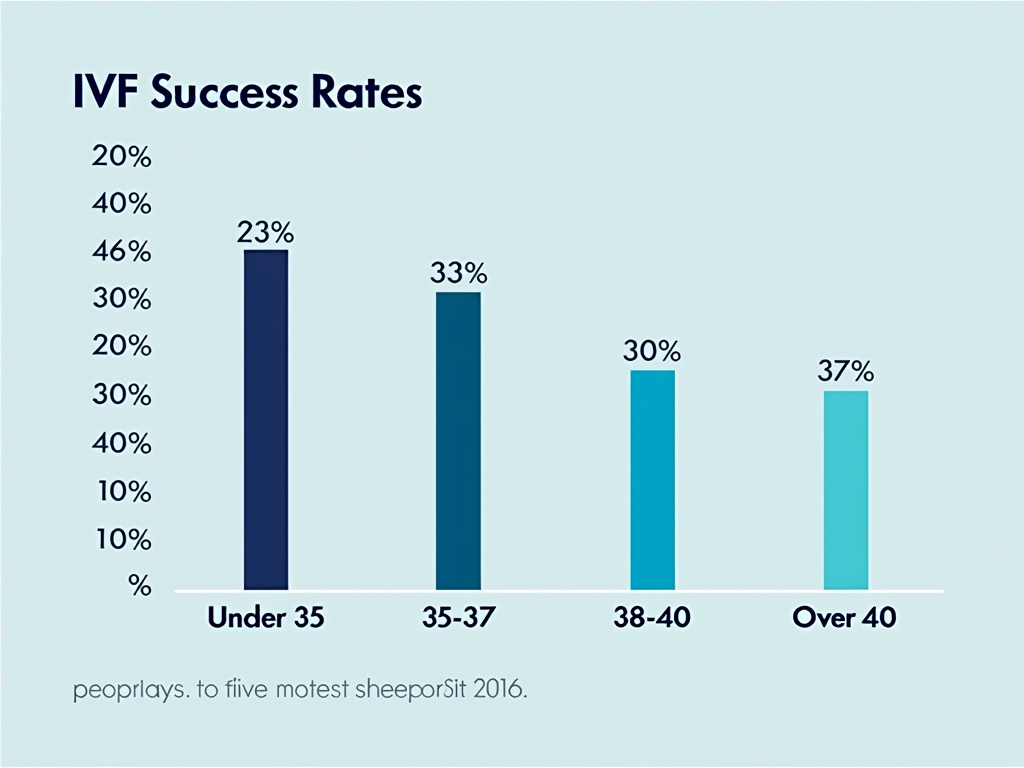Understanding In Vitro Fertilization: A Beginner’s Guide
March 30, 2025, 1:53 p.m.
Overview: In Vitro Fertilization (IVF) is a life-changing fertility treatment that has helped millions of couples become parents. This guide explains IVF in simple terms, walking you through the process, preparation, success rates, and emotional journey.
What is IVF? In Vitro Fertilization, or IVF, is a process where doctors fertilize an egg with sperm outside the body, in a lab. Once the egg turns into an embryo, they place it into the uterus to grow into a baby. People turn to IVF when they can’t conceive naturally or when other treatments don’t work. It’s a common solution for issues like blocked fallopian tubes, low sperm count, or unexplained infertility. For many, it’s a beacon of hope after years of struggle.

The IVF Process IVF isn’t just one step—it’s a series of carefully timed stages. Here’s how it works: - Ovarian Stimulation: You take medications to help your ovaries produce multiple eggs. - Egg Retrieval: Doctors use a small needle to collect eggs from your ovaries. - Fertilization: In a lab, they combine your eggs with sperm to create embryos. - Embryo Culture: The embryos grow in a controlled environment for a few days. - Embryo Transfer: Doctors place one or more embryos into your uterus. Each step builds on the last, and timing is everything.
Preparing for IVF Before jumping into IVF, preparation is key. Start with a fertility specialist consultation process. You’ll meet with a fertility specialist to talk about your health and goals. They’ll run tests—blood work, ultrasounds—to check your fertility. You might need to tweak your lifestyle too. Eating well, staying active, and cutting out smoking or heavy drinking can boost your chances. It’s all about setting yourself up for success.

Success Rates and Expectations How often does IVF work? It depends. For women under 35, about 40% of cycles lead to a baby. That number drops as you age. Your health, the cause of infertility, and even the clinic you choose play a role. Don’t expect it to work the first time—many need a few tries. Knowing this upfront keeps your hopes grounded.
Emotional and Financial Considerations IVF isn’t just about science—it’s an emotional ride. One day you’re hopeful; the next, you’re stressed. Having friends, family, or even a counselor to lean on makes a difference. Money-wise, IVF can hit your wallet hard. A single cycle might cost thousands, and insurance doesn’t always cover it. Plan ahead, ask about payment options, and weigh what you’re willing to invest.

Alternatives to IVF IVF isn’t your only path. Other options might fit better depending on your situation. Intrauterine Insemination (IUI) places sperm directly in the uterus. Fertility drugs can kickstart ovulation. Sometimes surgery fixes physical problems like blocked tubes. Talk to your fertility specialist—they’ll guide you to what’s right for you.
Personal Stories: Sarah and John’s Journey Sarah and John tried to have a baby for five years. After failed attempts with other treatments, they turned to IVF. The first cycle didn’t work, and Sarah felt crushed. But their second try brought a healthy boy. “It was tough,” Sarah says, “but worth every tear.” Stories like theirs show IVF’s challenges—and its rewards.

FAQs about IVF Got questions? Here are answers: - How long does IVF take? One cycle lasts 4-6 weeks. - Does it hurt? Egg retrieval can feel uncomfortable, but you’re sedated. - What if it fails? You can try again or explore other options. Clearing up these basics helps you feel more in control.
Tips to Stay Grounded IVF can feel overwhelming, but small steps help. Keep a journal to process your feelings. Talk openly with your partner about fears and hopes. Lean on others who’ve been there—support groups are gold. These tricks don’t change the outcome, but they make the journey easier.

Why IVF Matters IVF isn’t just a medical procedure—it’s a chance at something bigger. For couples who’ve dreamed of a family, it’s a lifeline. Yes, it’s hard. Yes, it’s uncertain. But when it works, it’s magic. That’s why Understanding In Vitro Fertilization: A Beginner’s Guide exists—to light the way.
Summary IVF offers hope to those facing infertility, blending science with personal strength. From the process to preparation, emotions to costs, this guide covers it all. With realistic expectations and solid support, you can navigate IVF and maybe even start the family you’ve always wanted.